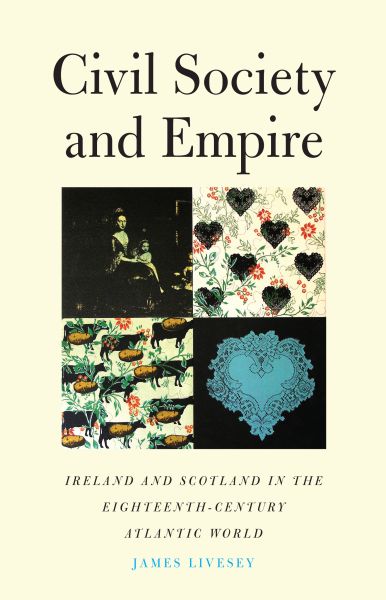
Descartes’ Meditations is one of the more frequently assigned primary texts from the whole history of philosophy. And yet it’s a screwy old thing: supposed to inaugurate Modern Philosophy (a.k.a. European philosophy from the 17th to 19th Century, givertake). But tangled up with medieval philosophy notions and heavily dusted with contents of the dustbin of history of science (no matter how hard you try to keep it clean). So how to teach it?
This is probably typical of texts that have ‘the x that started all the y’ status. (The first Romantics are the last people you would ask what ‘Romanticism’ means.) If Descartes is the Father of Modern Philosophy, for that very reason he is probably the last modern philosopher you should quiz about what ‘Modern Philosophy’ is – the kids weren’t even born yet. But seeing that this is natural, in such a case, doesn’t make it comfortable. Thinking about how far you have to cast the historical net, a healthy anti-historicist impulse kicks in. We have a course to teach. If you can’t bounce off into the moderns without getting bogged down in the medievals … Also, the history of science is interesting, but the history of modern philosophy is supposed to be a basic, core offering in the philosophy department. If the course shapes up like a land war in Asia, false 17th Century physics-wise …
Maybe we should stop thinking Descartes’s Meditations is a good text to start the kiddies on?
We press on, in historicist fashion, because we have an exit strategy. (Trust us. We’re professional philosophers.) I’m going to assume you already sort of know your Descartes. I’m sketching effective, vivid ways to conjure up the background fairly briefly, while keeping up the teaching pace.
But that’s boring (you object)! Quite likely. What do you think of the new Vampire Weekend album, Contra? After a couple listens, I’m liking it less well than this Pitchfork reviewer. “Vampire Weekend’s second album starts with “Horchata”, ostensibly a punching bag for people who didn’t like their first one.” I loved the first album, and I cringed at “Horchata”, which seems like thin retread. But things pick up and up. I love the last track, “I Think Ur a Contra”, which has a surprisingly satisfactory Radiohead-y-ness. Not that sounding like Radiohead is automatically a good thing! It’s not a terribly original thing to do at this point. But, listening to that last track, I think an album of Radiohead/Vampire Weekend mash-ups would be tons of fun. The bands are so stylistically different, and the mood is poles apart, yet both vocalists work the high thin, sliding around thing.
Right, back to Descartes. I like to start my students out with a funny passage from the John Barth novel, The Sot-Weed Factor: [click to continue…]
